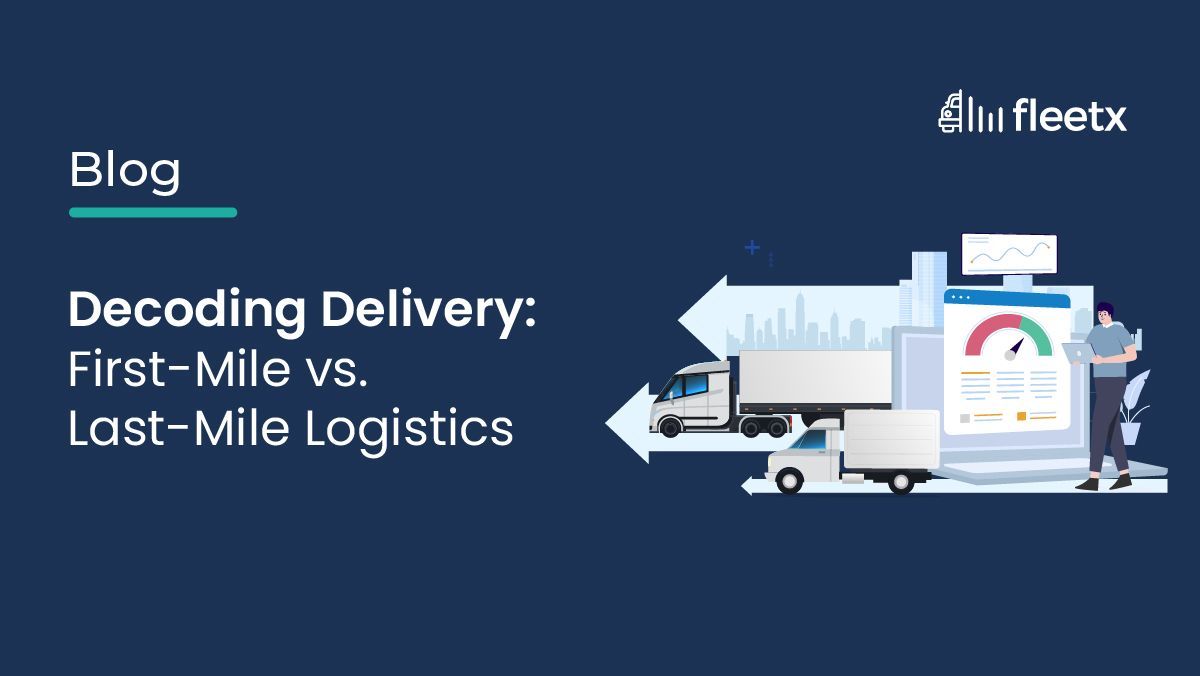
Load planning is a strategic process that involves the organization of goods within transportation vehicles to maximize space utilization, reduce transportation costs, and ensure the safe and timely delivery of goods. This process is crucial for mitigating high logistical expenses which currently stand at about 14% of India’s GDP, highlighting the need for refined load planning strategies to enhance economic efficiency and sustainability.
The Significance of Load Planning in India
In a country where the logistics market is expected to witness substantial growth, refining load planning techniques becomes a strategic all-important. Efficient load planning significantly cuts transportation costs by minimizing wasted space, optimizing fuel usage, and alleviating the overall logistical burden on the economy.
Strategies for Load Planning
1. Leveraging Technology
Advanced technological solutions such as Warehouse Management Systems (WMS) and Transportation Management Systems (TMS) play a critical role in automating and optimizing the load planning process. These systems provide essential real-time data and analytics, enabling logistics companies to maximize the capacity of each load efficiently.
2. Training and Development
Comprehensive training for logistics personnel is vital. Well-informed and trained teams can make critical decisions regarding stacking norms, weight distribution, and handling instructions, which are indispensable for preventing damage and mitigating transit risks.
3. Standardization of Procedures
Creating and enforcing standardized packing and loading procedures ensures operational consistency and efficiency. Well-defined guidelines for loading order, stacking methods, and securing loads optimize goods placement and balance weight distribution throughout the transport unit.
4. Route Optimization
Integrating load planning with advanced route optimization strategies offers substantial savings and operational efficiencies. Software solutions that recommend the most effective routes based on load specifics, vehicle type, traffic conditions, and delivery schedules can significantly reduce costs and improve delivery timelines.
5. Continuous Evaluation and Feedback
Regularly evaluating load planning strategies and integrating feedback from drivers and ground staff are vital for continuous improvement, as frontline input enhances operational effectiveness and efficiency. This feedback mechanism helps in identifying practical challenges and refining strategies, thus enhancing the overall operational effectiveness.
Challenges in Load Planning
1. Diversity in Goods and Packaging
The wide array of goods and packaging in India necessitates innovative and adaptable load planning strategies to meet the diverse demands of different industries effectively. Every sector poses distinct challenges, such as fragile goods in the electronics industry and perishable items in the food sector, which need tailored solutions for efficient load management.
2. Infrastructure Constraints
Given the varying road conditions in India, the need for durable packaging and secure loading practices is heightened to prevent damage, particularly on underdeveloped roads. These infrastructure challenges demand more sophisticated and resilient load planning methodologies.
3. Navigating Regulatory Landscapes
Navigating the complex network of local and national regulations concerning load weights, dimensions, and safety standards adds layers of complexity to load planning processes, requiring meticulous attention to compliance. Adhering to these regulations is vital not just for legal compliance but also for safeguarding the safety and integrity of the transportation process.
Conclusion
Transportation industry in India needs to be able to plan loads well in order to stay competitive and cut costs. Businesses can significantly enhance operational efficiency by leveraging technology effectively, ensuring process consistency, and dedicating themselves to continual enhancement and refinement. India's economy is still growing, which means that improved transportation and load planning will become even more important to businesses across the board. This shows how important it is to make progress in this essential area.






